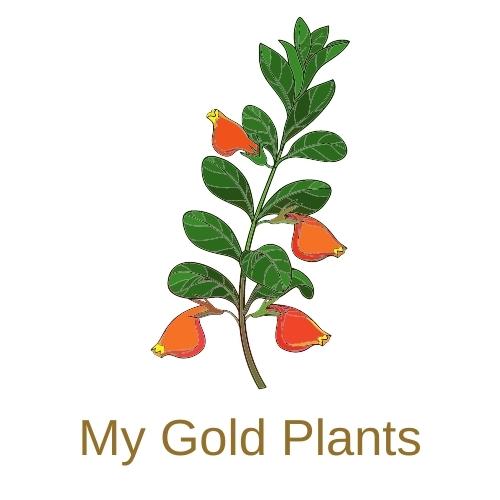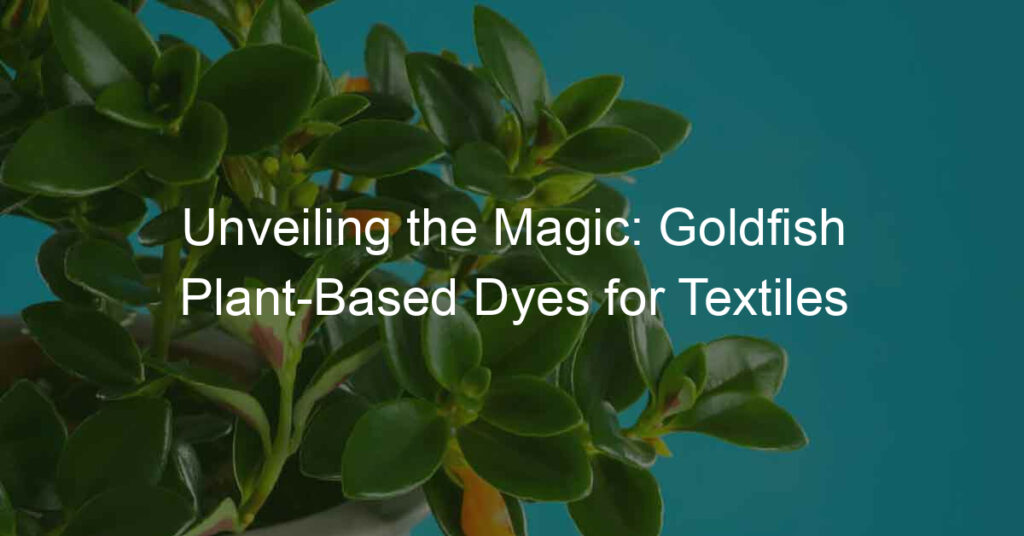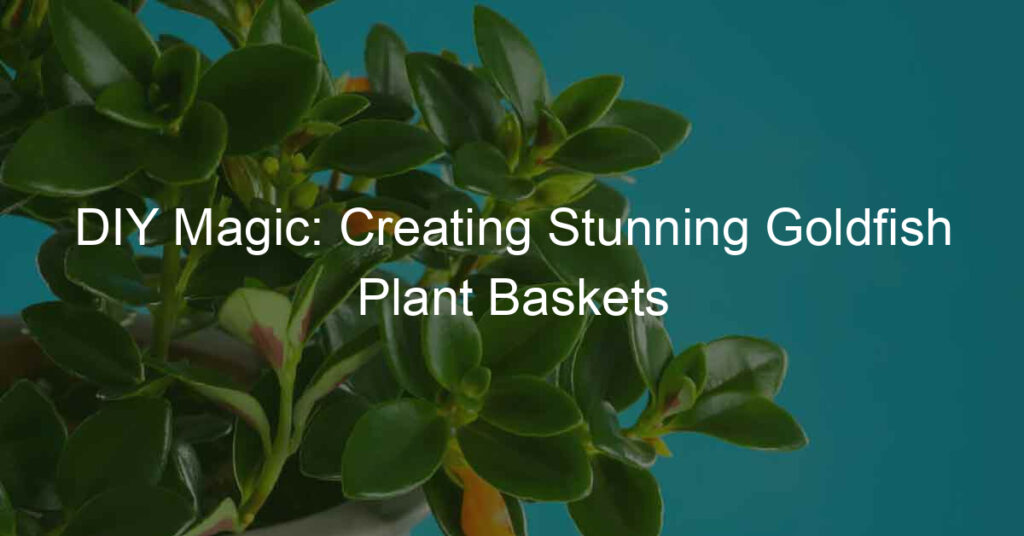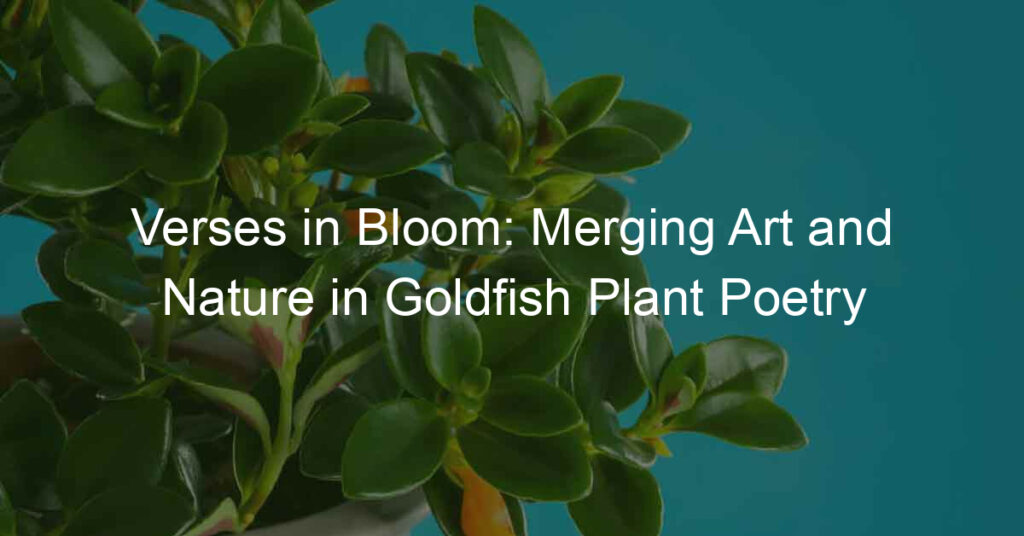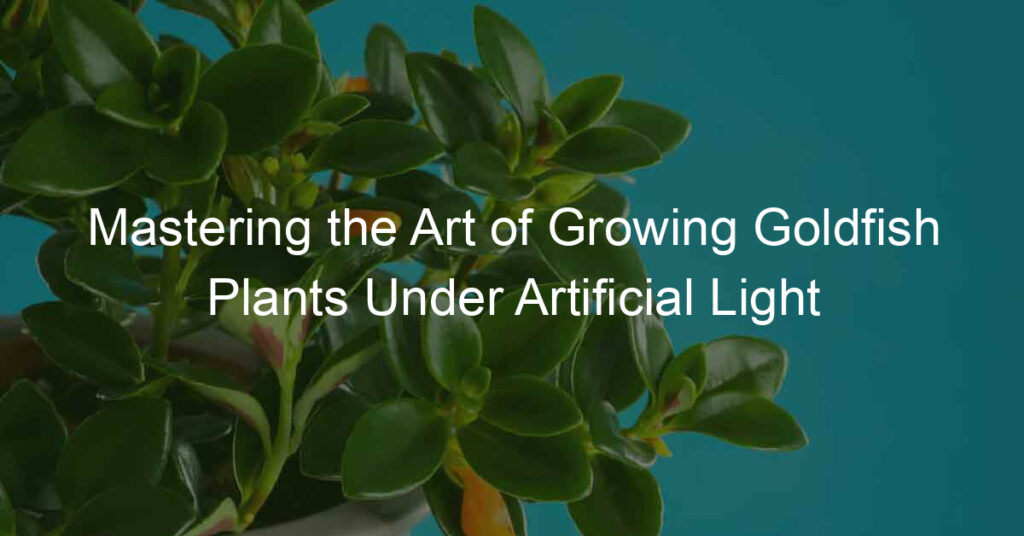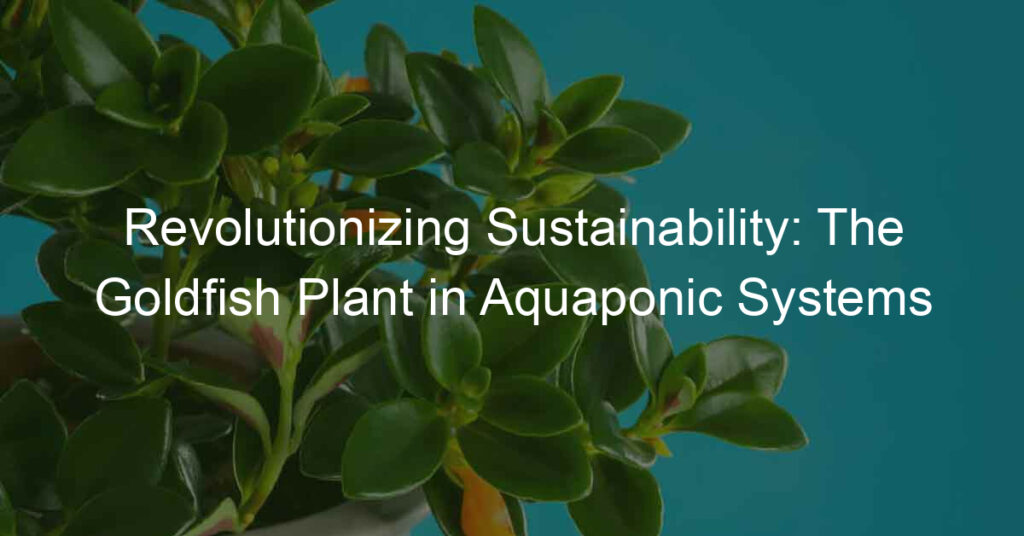Is the goldfish plant toxic to cats? No one knows whether or not the goldfish plant is toxic to cats, as little research has been conducted on the matter. However, most experts agree that it is best to err on the side of caution and avoid exposing your cat to any poisonous plants. This article will provide general information on indoor plants and tips for keeping your cat around pet-safe plants.
What is the Goldfish Plant
The goldfish plant (Nephrolepis exaltata) is a tropical fern native to parts of Africa, Asia, and Australia. It is also known by various names, including the sword, Boston, and fishtail fern. The plant species gets its common name from its resemblance to a goldfish when it is in bloom.
The goldfish plant has long been used as an ornamental plant in homes and gardens. The spider plant grows best in moist, humid environments and can reach a height of up to 6 feet (1.8 meters) as long as the soil is fertile. The leaves of the plant are dark green and can grow up to 2 feet (60 cm) long. The plant produces small, white flowers that bloom throughout the year.
Is the Goldfish Plant Toxic to Cats?

There is no definitive answer as to whether or not goldfish are non-toxic plants. However, many experts believe that it is best to err on the side of caution and avoid exposing your cat to any plants that may contain potentially harmful compounds. Some of the compounds found in the dark green leaves of spider plants include nephrotoxic saponins, furocoumarins, and terpenoids.
These compounds can cause various adverse effects if your cat ingests them, including gastrointestinal upset, kidney damage, and liver damage. If your cat has ingested any part of the poisonous plant, it is important to seek veterinary care immediately. Symptoms of toxicity include vomiting, diarrhea, lethargy, and loss of appetite. Treatment will vary depending on the severity of the toxicity and may require hospitalization for supportive care.
How to Tell if the Goldfish Plant Has Poisoned Your Cat
There are various ways to tell if the polka dot plants have poisoned your cat. Symptoms of toxic plants include:
Loss of Appetite
If your cat has lost its appetite after being around the goldfish plant, it may be a sign that they have ingested a poisonous substance from the plant. Loss of appetite is one of the cats’ most common symptoms of plants being highly toxic. If your cat has not been eating for more than 24 hours, it is important to seek veterinary care immediately.
Lethargy
If your cat is unusually tired or sluggish, it may be a sign of poisoning. Cats ingested poisonous compounds and often suffer gastrointestinal upset, leading to lethargy. If you notice your cat is acting out of the ordinary, seek veterinary care immediately.
Vomiting and Diarrhea
Vomiting and diarrhea are common signs of toxicity in cats. If your cat is vomiting or has a watery stool, it may indicate that it has ingested a harmful compound from the goldfish plant. If you notice these symptoms, it is important to seek veterinary care immediately.
Home Remedies for Goldfish Plants Toxic Nature
There is no specific home remedy for cat grass poisoning in cats. If your cat has been poisoned, it is important to seek veterinary care immediately. Treatment will vary depending on the severity of the toxicity and may require hospitalization for supportive care. Some common treatments for goldfish plant poisoning include:
Fluids
If your cat is dehydrated from vomiting or diarrhea, it may be given fluids to help rehydrate its body. Fluids can be administered through an IV or SQ fluids under the skin.
Medications
Depending on the severity of the toxicity, your cat may be given various medications to help treat the symptoms. Medications that may be used include antiemetics to help control vomiting, antidiarrheals to help control diarrhea, and pain medications.
Dietary Changes
If your cat has suffered gastrointestinal upset from the toxicity, it may be placed on a temporary bland diet until its symptoms have resolved. Once your cat feels better, it can slowly be transitioned back to its regular diet.
Things To Avoid If Your Cat Has Goldfish Plant Poisoning

If the goldfish plant has poisoned your cat, there are a few things you should avoid doing until a veterinarian has seen it. These things include:
Giving Your Cat Anything to Eat or Drink
Do not give it food or water if the goldfish plant has poisoned your cat. This can further upset its stomach and lead to more serious problems.
Letting Your Cat Outdoors
If the goldfish plant has poisoned your cat, do not let it outside. The toxins from the plant can cause serious health problems if ingested by other animals.
Cleaning Up Vomit or Diarrhea
If your cat has vomited or had diarrhea due to the goldfish plant poisoning, do not clean it up. The toxins from the plant can be harmful if ingested by humans.
Tips and Tricks
If you have a goldfish plant in your home, there are a few things you can do to keep your cat safe:
Keep the Plant Out of Reach
If you have a goldfish plant in your home, it is important to keep it out of reach of your cat. The toxins from the plant can be harmful if ingested by your pet. Ensure the plant is in an area your cat cannot reach.
Monitor Your Cat Around the Plant
If you have a goldfish plant in your home, it is important to monitor your cat around it. If you notice your cat nibbling on the plant, remove it from the area and give it something else to chew on.
Keep the Plant Well Watered
If you have a goldfish plant in your home, it is important to keep it well-watered. The toxins from the plant can be more potent if the plant is not watered regularly.
The Bottom Line
Goldfish plants can be toxic to cats if ingested. If you suspect your cat has been poisoned, it is important to seek veterinary care immediately. Treatment will vary depending on the severity of the toxicity and may require hospitalization for supportive care. Some common treatments for goldfish plant poisoning include fluids, medications, dietary changes, and decontamination. To prevent goldfish plant poisoning in cats, it is important to keep the plant out of reach and monitor your pet around it.
